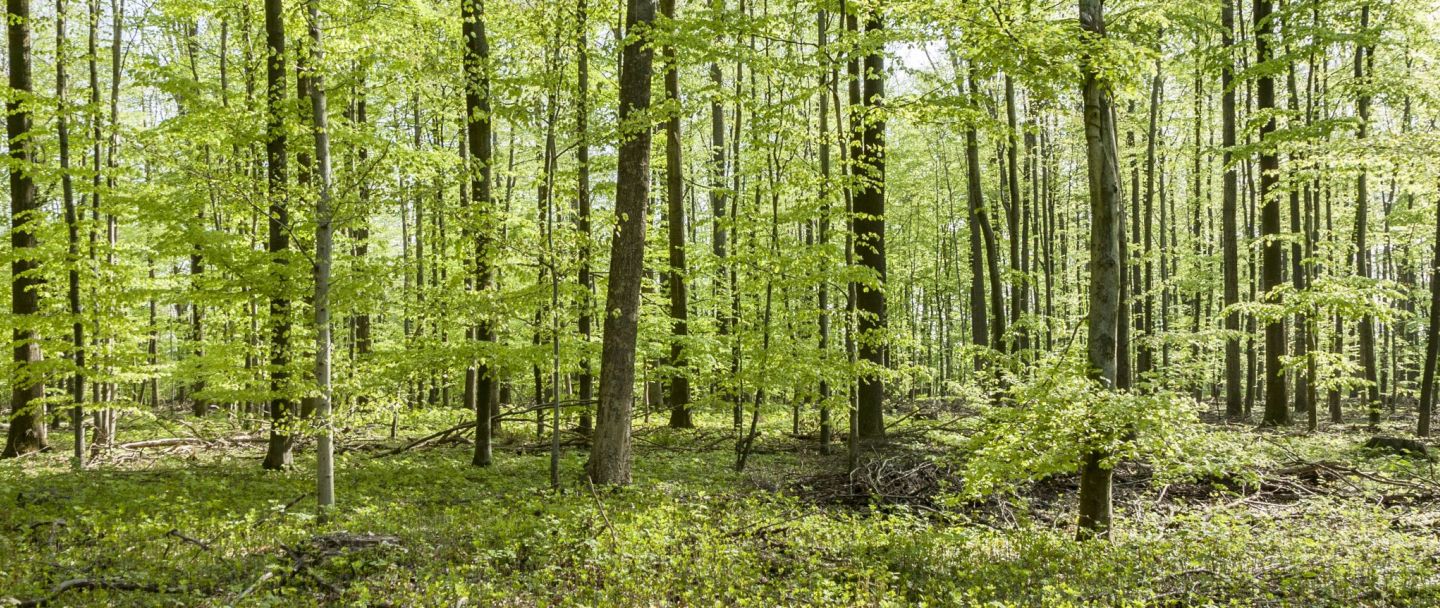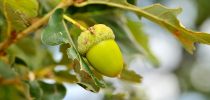

Comparing PEFC and FSC® Certifications in the Oak Industry
Making Sustainable Choices
11th July 2023
As global concerns about environmental conservation and responsible resource management continue to rise, organisations in our industry are always seeking ways to ensure their practices align with sustainability goals. Two well-known certification systems that have gained significant traction in the forestry and wood industries are the Programme for the Endorsement of Forest Certification (PEFC) and the Forest Stewardship Council (FSC®). Here, we explore the differences between PEFC and FSC® certifications, looking at their criteria, advantages, and impacts on sustainable oak production.
Understanding PEFC and FSC®
PEFC (Programme for the Endorsement of Forest Certification)
PEFC is a global forest certification system that focuses on promoting sustainable forest management and responsible sourcing of wood products. Founded in 1999, PEFC seeks to ensure that forests are managed in ways that safeguard biodiversity, ecosystem services, and the well-being of local communities. It encompasses a range of forest types, including natural and planted forests.
FSC® (Forest Stewardship Council)
Established in 1993, FSC® is another prominent forest certification system aimed at promoting responsible forest management and sustainable timber production. FSC® certification standards emphasize environmental, social, and economic aspects of forestry, aiming to balance the needs of these dimensions.
Comparing PEFC and FSC® in the Oak Industry
Certification Criteria
- PEFC: PEFC places emphasis on responsible management practices that consider local ecological and social conditions. It focuses on ensuring legal compliance, sustainable harvesting levels, and maintaining or enhancing ecosystem functions.
- FSC®: FSC® standards are known for their comprehensive approach to sustainability. They address ecological integrity, protection of biodiversity, and the rights of indigenous communities and workers. FSC® also sets stricter criteria for the protection of high conservation value forests.
Geographical Focus
- PEFC: PEFC operates globally and has more flexible standards to accommodate different forest types and regions, which may suit diverse oak-growing areas.
- FSC®: FSC® standards have a more standardized approach, often requiring stricter adherence to certain principles. This approach might be more challenging for oak forests with unique ecological characteristics.
Community Engagement and Indigenous Rights
- PEFC: While PEFC emphasises stakeholder consultation and involvement, its criteria for community and indigenous rights can vary between national certification systems.
- FSC®: FSC® has strong guidelines for community engagement, emphasizing the rights and well-being of local communities and indigenous peoples. This could be particularly relevant in areas where oak forests have cultural significance.
Market Access and Recognition
- PEFC: PEFC is recognized by many governments and industries around the world, particularly in Europe and Asia. It provides an alternative to FSC® for companies seeking certification.
- FSC®: FSC® certification is often seen as a gold standard for sustainability by consumers, NGOs, and companies. It has a broader recognition in North America and Europe.
Both PEFC and FSC® certifications contribute significantly to sustainable forestry practices within the oak industry. The choice between the two largely depends on the specific context, goals, and characteristics of the oak forests in question. While PEFC's flexibility may suit certain regions and forest types, FSC®'s comprehensive standards and broader recognition could be beneficial for oak forests with high conservation value or cultural significance.
Since November 2006, we have committed ourselves to both the FSC® and PEFC programs, and receive certification each year following an independent audit.
Read more about our environmental commitment here.

















































